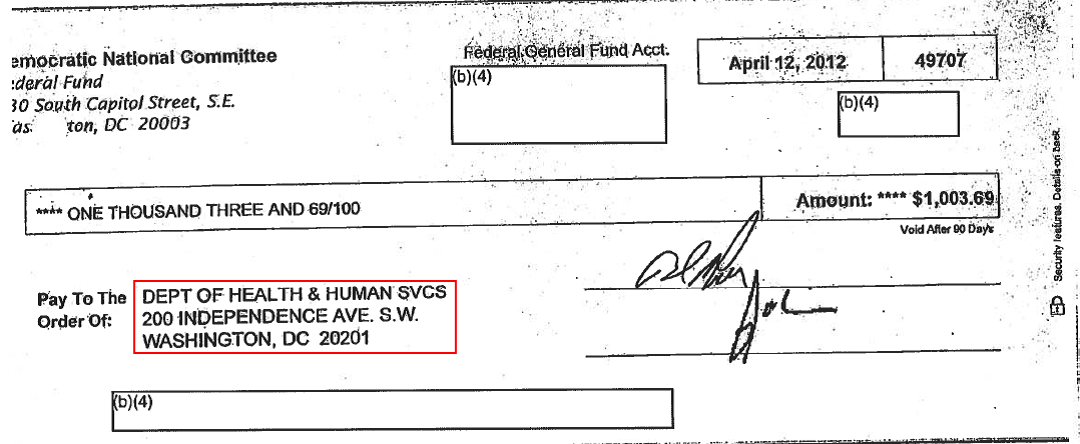Letter to the Texas Attorney General
Letter (November 13, 2013)
IRS Complaints Against Enroll America For Violating the Internal Revenue Code
Complaint (November 22, 2013)
IRS Reply (August 5, 2013 )
Complaint (July 29, 2013)
Liability Alert Letters re: PPACA
The liability alert letter to the General Counsel of Covered California is here.
Cause of Action sent letters notifying Governors and state Attorneys General of legal liability should federal grant recipients in their states misuse the federal money they receive to run the state health exchanges and Navigator programs. Cause of Action explains how waste, fraud and abuse are potential consequences of federal funds given to states without accountability and proper oversight.
You can find each state letter below and the date on which the letter was sent:
- California – sent July 30, 2013
- Arizona – sent August 9, 2013
- New Hampshire – sent August 16, 2013
- North Carolina – sent August 15, 2013
- Iowa – sent August 16, 2013
- Florida – sent August 20, 2013
- Pennsylvania – sent August 20, 2013
- Ohio – sent August 20, 2013
- Louisiana – sent August 29, 2013
- Michigan – sent August 29, 2013
- Texas – sent August 29, 2013
- Arkansas – sent August 29, 2013
- Alaska – sent August 29, 2013
- New York – sent September 6, 2013
- Oregon – sent September 6, 2013
- Virginia – sent September 6, 2013
- District of Columbia – Sent September 10, 2013
- Georgia – sent September 10, 2013
- Illinois – sent September 10, 2013
- New Jersey – sent September 10, 2013
- Washington – sent September 10, 2013
- Nevada – sent September 12, 2013
- Montana – sent September 13, 2013
- Utah – sent September 13, 2013
- Minnesota – sent September 13, 2013
- Idaho – sent September 13, 2013
- Kansas – sent September 20, 2013
- Oklahoma – sent September 20, 2013
- New Mexico – sent September 20, 2013
- Wyoming – sent September 20, 2013
- Colorado – sent September 26, 2013
- South Dakota – sent September 26, 2013
- Missouri – sent September 26, 2013
- West Virginia – sent September 26, 2013
- Nebraska – sent September 26, 2013
- Kentucky – sent September 26, 2013
- Tennessee – sent September 26, 2013
- Delaware – sent September 27, 2013
- North Dakota – sent September 27, 2013
- Hawaii – sent September 27, 2013
- Alabama – sent September 30, 2013
- Connecticut – sent September 30, 2013
- Indiana – sent October 1, 2013
- Massachusetts – sent October 1, 2013
- Maryland– sent October 1, 2013
- Maine– sent October 1, 2013
- Vermont– sent October 1, 2013
- Wisconsin – sent October 1, 2013
- Mississippi – sent October 2, 2013
- Rhode Island – sent October 2, 2013
- South Carolina – sent October 2, 2013




